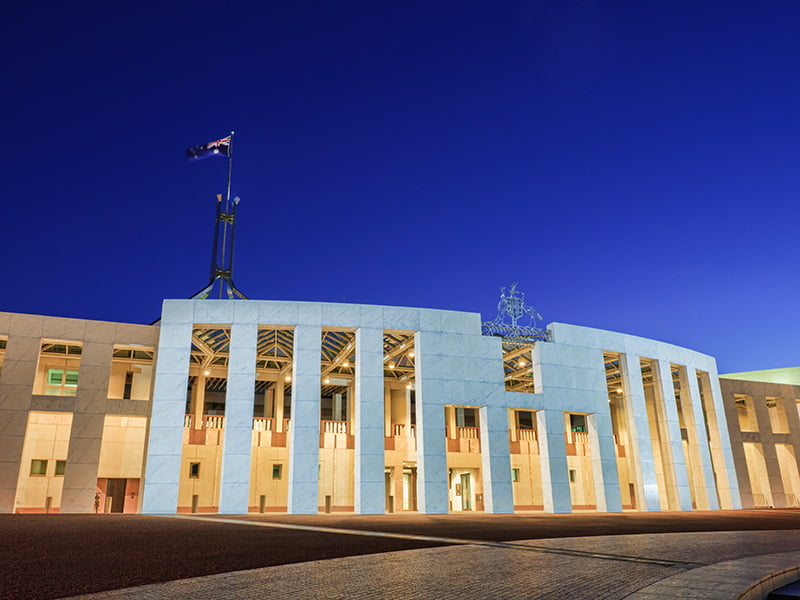Digital platform giants claim they would become the “sole arbiters of truth online” if the Albanese government’s misinformation laws pass but are facing strong push back from lawmakers for ducking user safety and accountability.
Industry group Digi, which counts US giants like Meta, X and Google as members, on Thursday said the balance between online safety and free speech is out in the Albanese government’s misinformation bill.
It warned the Senate committee examining the bill that, if passed, it will incentivise companies to take a conservative approach to takedowns and focus on compliance at the cost of innovative responses to the growing problem.

Digi is also resisting the bill’s proposed information gathering powers for regulators, warning it is an overreach and drawing the ire of Greens Senator Sarah Hanson-Young.
Senator Hanson-Young said large platforms have “proven themselves to be secretive and dishonest, and the can’t be trusted”.
“It doesn’t matter whether you’re talking about mis- or disinformation… harms to children (or) scams and advertising,” she said.
“The platforms continue to hide behind their secretive algorithms, their data harvesting systems. There is a complete lack of transparency.
“That’s why your platforms, your members, cannot be trusted to do the right thing. That’s why we need laws in place.”
eSafety Commissioner Julie Inman Grant, who is pushing for more regulatory powers to manage platform harms, said the increased transparency is needed.
“We can’t have accountability without meaningful transparency,” she told the same inquiry.
“My experience having worked 22 years in the technology industry, and now almost eight years as [eSafety Commissioner], we absolutely need powers to compel very specific answers to specific questions around what they are and are not doing.”
Digi’s policy lead Dr Jennifer Duxbury said the information gathering powers are too “broadly cast” and could capture journalists and researchers working on misinformation and disonformation.
She told the committee her members aren’t against regulating misinformation and disinformation, but the proposed bill has the balance of free speech and safety off.
“We don’t think that balance is right [in the bill]. We think the definitions are too broad and really, unfortunately, put the platforms as being the sole arbiters of truth online. We think the scope of services is too broad and captures a very large number of low risk businesses,” she said.
The group also wants proposed enforcement powers like binding codes and large fines confined to disinformamition, the knowingly false information designed to deliberately mislead.
Misinformation, which is false information spread through error or ignorance, would only be subject to softer regulatory tools like clear policies and information gathering powers – and only when it is on a “high risk” platforms.
Adopting Digi’s call would be a significant backtrack by the government, which has already had to redraft the bill once after experts warned of vague definitions and a lack of free speech protections.
Do you know more? Contact James Riley via Email.

